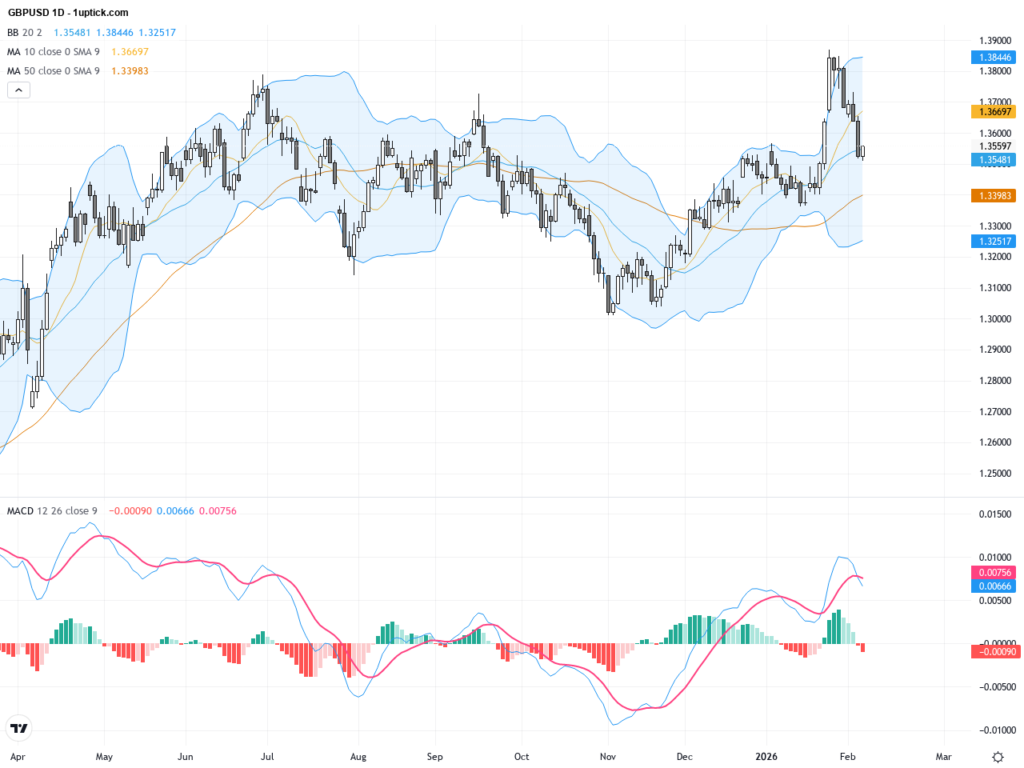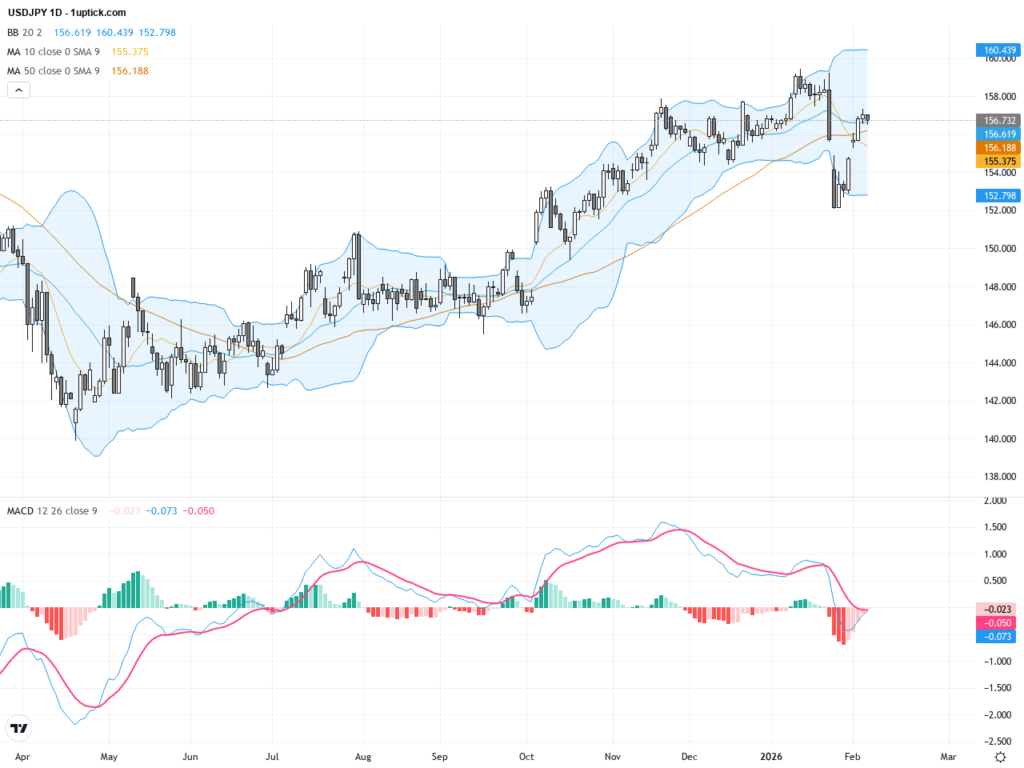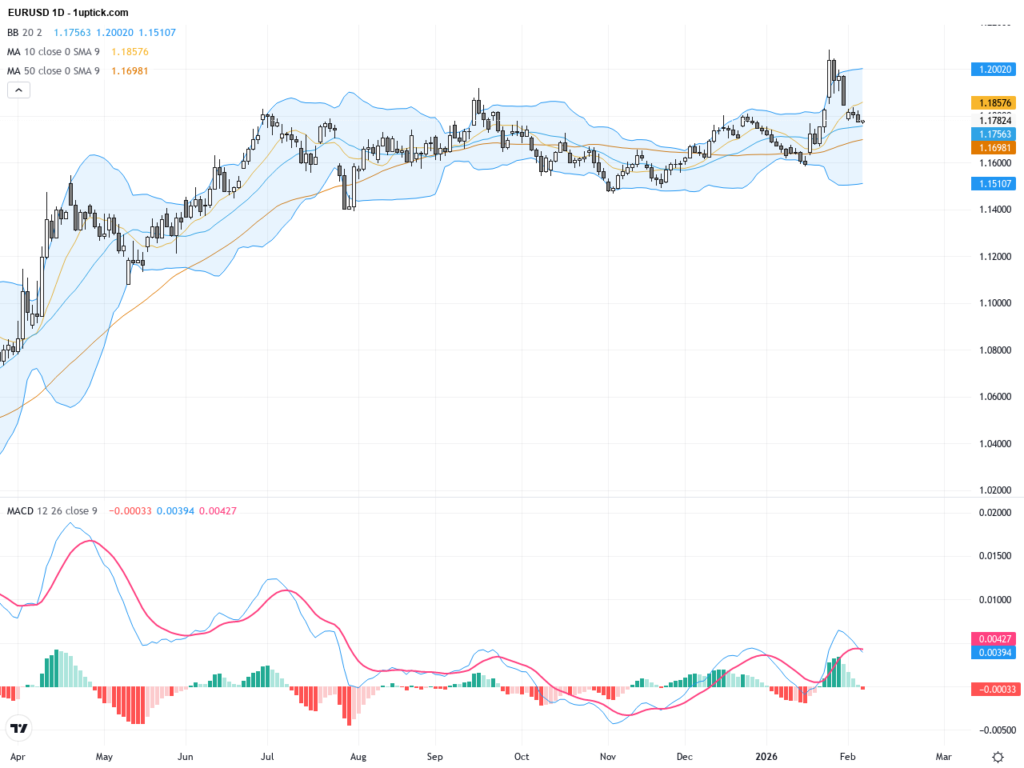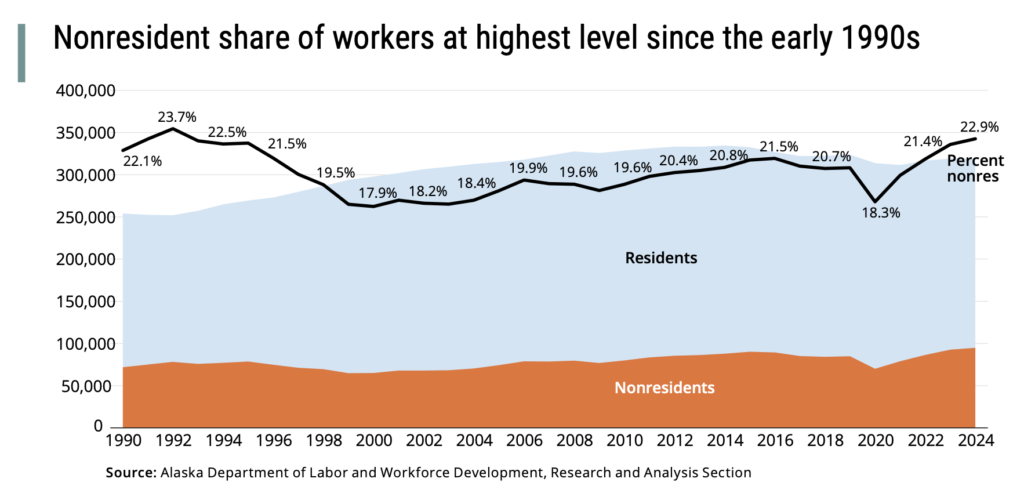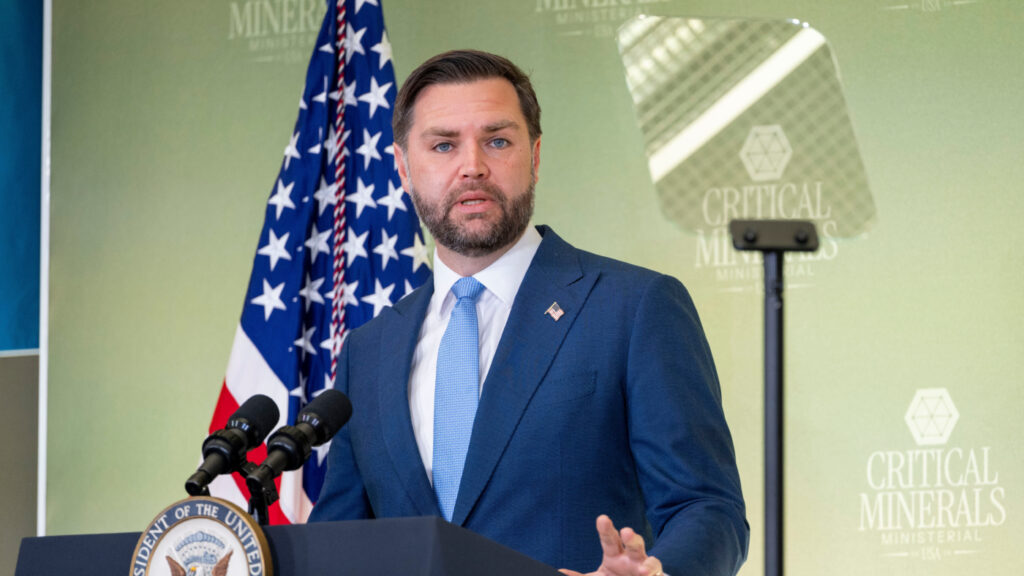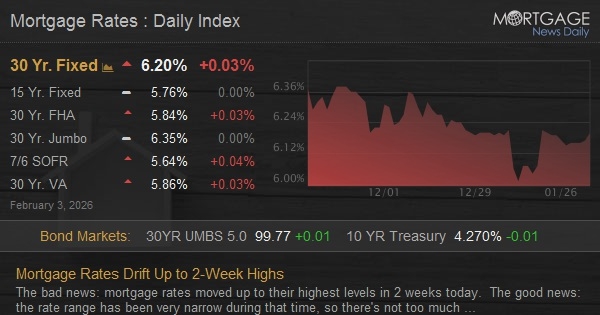 |
| Gold V.1.3.1 signal Telegram Channel (English) |
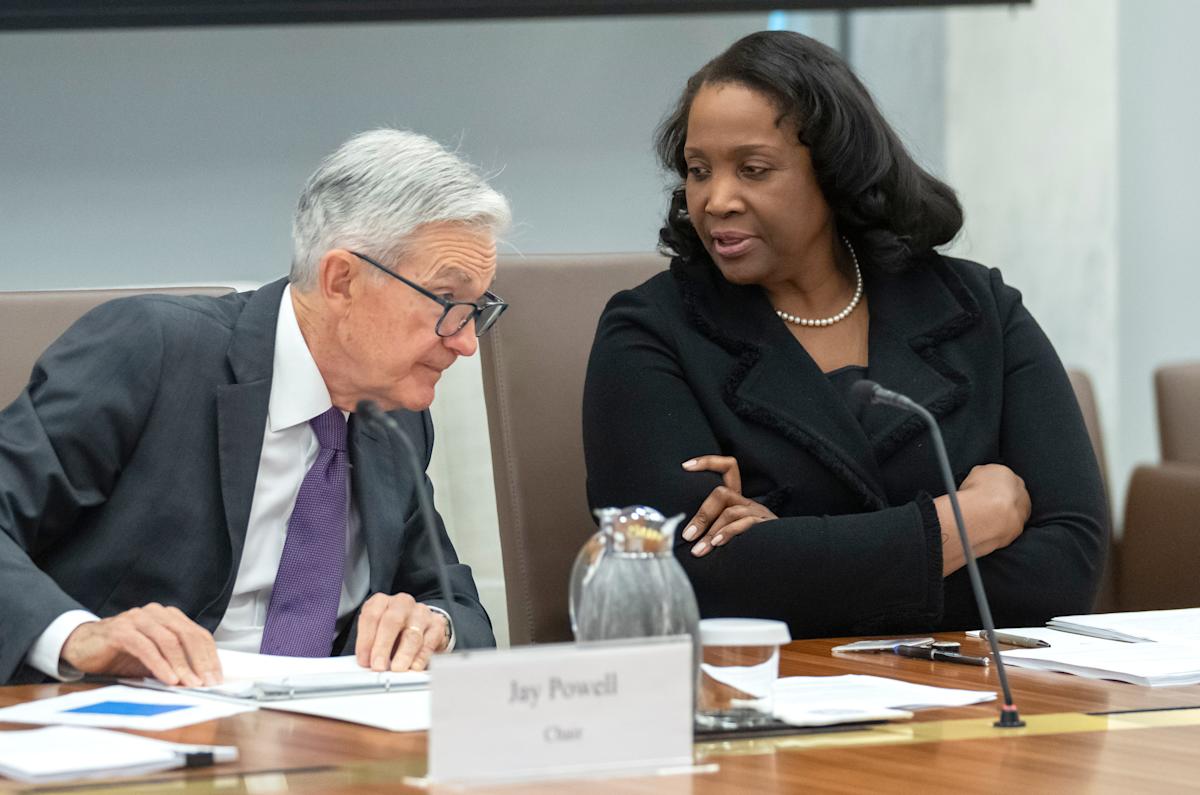
Trump Demands Resignation of Federal Reserve Governor Lisa Cook Amid Mortgage Fraud Allegations and Raises Questions About Fed Independence
2025-08-24 @ 23:00
In a dramatic turn of events, President Donald Trump has called for the resignation of Federal Reserve Governor Lisa Cook amid allegations of mortgage fraud. If she does not voluntarily step down, Trump has made it clear he intends to fire her from her post. This high-profile controversy has thrust the Federal Reserve—a traditionally independent institution—into the heart of political debate, raising significant questions about the future of central bank leadership and the ongoing importance of institutional independence in the U.S. economy.
Background on the Allegations
The controversy began when Bill Pulte, head of the Federal Housing Finance Agency (FHFA) and a recent Trump appointee, publicly accused Lisa Cook of engaging in mortgage fraud. According to documents shared by Pulte, Cook allegedly designated two different properties—one in Ann Arbor, Michigan, and another in Atlanta, Georgia—as her primary residence within a very short time frame.
Pulte claims that Cook signed mortgage agreements indicating she would occupy both properties as her primary residence, a condition often required by lenders to secure lower interest rates and more favorable loan terms. Since banks typically offer better rates for loans on a primary residence compared to those for second homes or investment properties, this raises questions about whether Cook received benefits she was not entitled to.
The FHFA has referred the matter to the Department of Justice, and a formal investigation may be underway to determine whether any laws were broken or if there was intent to defraud lenders.
Trump’s Unprecedented Response
President Trump was quick to seize on these allegations, publicly demanding Cook’s resignation and warning that he would fire her if she does not step down voluntarily. This is a rare move, as sitting presidents have historically avoided direct intervention in Federal Reserve affairs, out of respect for the institution’s independence.
The legal question of presidential authority to remove a Federal Reserve governor is complex. While the Federal Reserve Act allows the president to remove a governor “for cause,” what actually constitutes “cause” is open to interpretation. Regardless, Trump’s public statements have injected additional volatility into an already sensitive situation.
Implications for Federal Reserve Independence
The Federal Reserve’s ability to operate independently of political pressure has long been viewed as a cornerstone of U.S. economic stability and investor confidence. By publicly pressuring a sitting governor to resign over unproven allegations, critics argue that the White House risks undermining this tradition of independence.
Supporters of the Federal Reserve warn that even the appearance of political interference in central banking could rattle financial markets, increase borrowing costs, and weaken international trust in U.S. economic policy. The issue is not just about one official, but about the precedent such actions could set for the future.
Lisa Cook has reportedly stated that she will not be “bullied” into resigning and has emphasized the importance of protecting the Fed’s independence from political influence. This is in line with longstanding concerns that central banks must be free to make policy decisions based on economic data rather than political expedience.
What’s Next?
As the Department of Justice considers the referral and the possibility of an investigation, Lisa Cook’s fate remains uncertain. If the allegations are substantiated and the “for cause” standard is met, she could indeed face removal. However, if the evidence falls short, firing her could trigger a legal and political battle, further complicating the relationship between the executive branch and the Federal Reserve.
In the meantime, market participants and international observers are watching closely. The outcome will shape not just the composition of the Fed’s board, but the very nature of central banking and economic governance in the United States for years to come.
Final Thoughts
This episode underscores the delicate balance between accountability and independence in government institutions. While allegations of wrongdoing by any public official must be taken seriously and investigated thoroughly, the integrity and independence of the Federal Reserve are vital to maintaining fair and effective monetary policy. As this story develops, it will be important to separate substantiated facts from political rhetoric and to protect the principles that have helped sustain U.S. economic leadership on the world stage.


